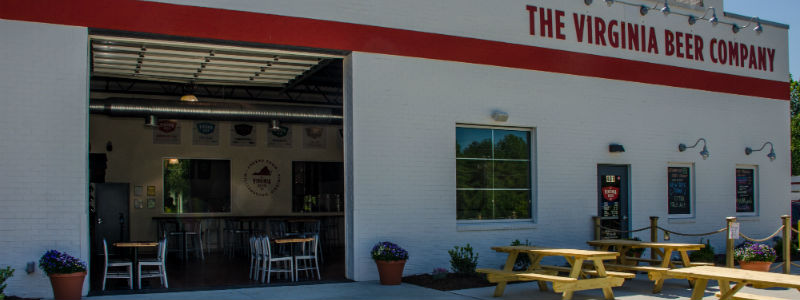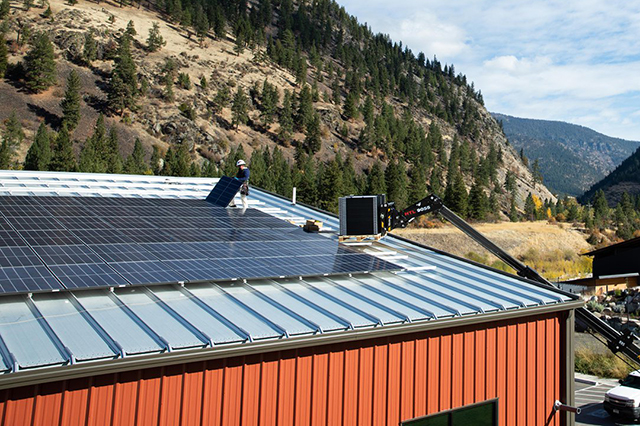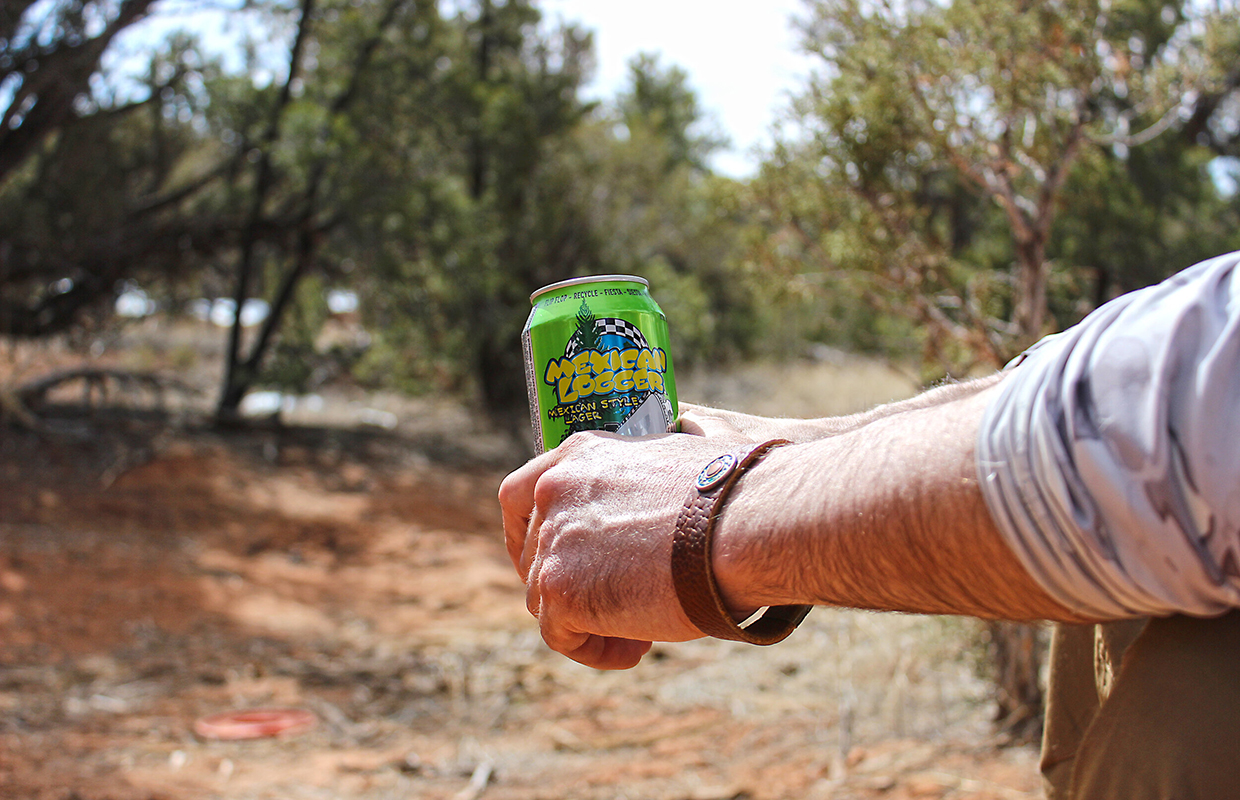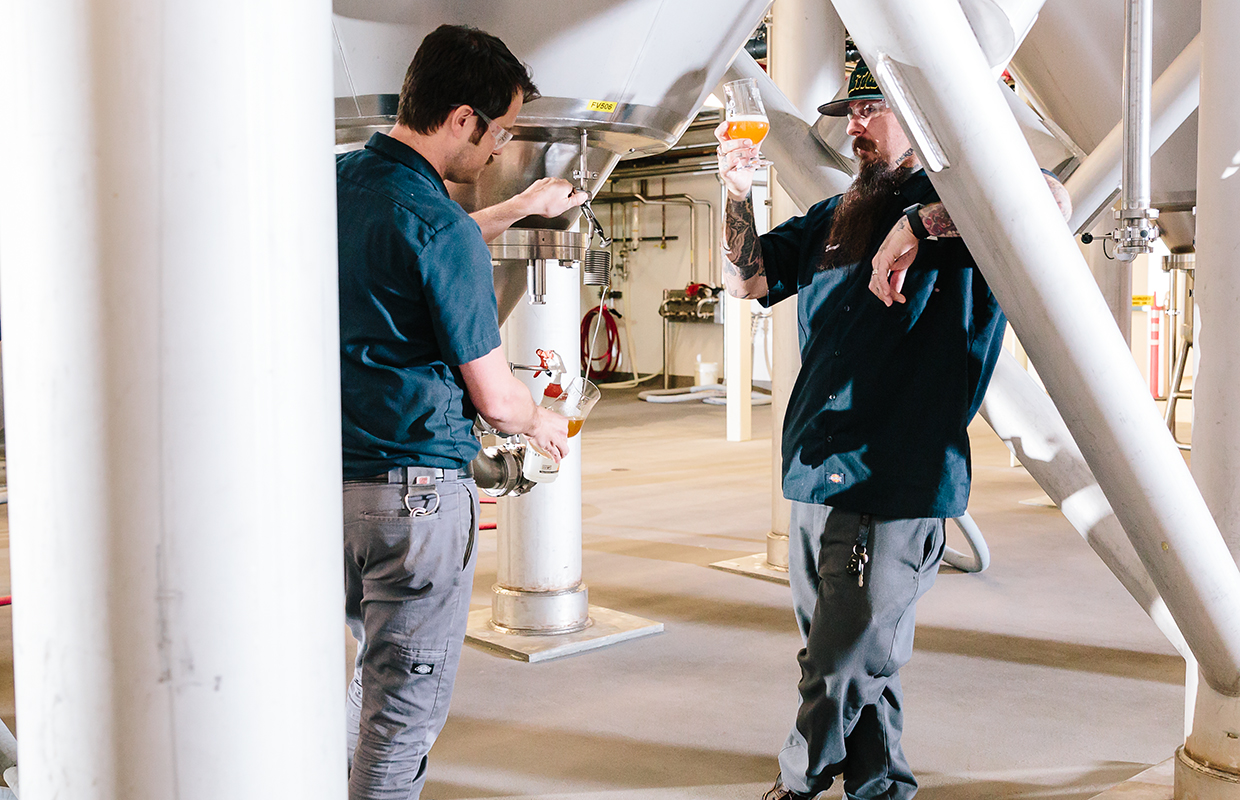
Location, raising money and patience. All are a part of starting for new breweries. Leaping over those, and many other hurdles, is what new brewery owners need to do before the liquid even becomes a reality.
The first major hurdle for Minneapolis’ Modist Brewing was arriving at a unique point of view and translating that into a comprehensive business plan.
“There are four co-founders and we all had a good idea of what this brewery could and should be, but we all came at it influenced by our own experiences (both personal and professional),” said co-founder Eric Paredes. “So landing on one vision statement that we could all live by was crucial. Once we did that, the rest of the business plan fell into place.”
For Scofflaw Brewing, which took a total of four years to go from concept to opening, finding property came first.
“It delayed the entire process by about six months — real estate is a major hurdle if you want the right space,” said Matt Shirah, the owner of the Atlanta-based brewery. “We spent six months scouring the plans and equipment layout.”
It took two years for The Virginia Beer Company to find the building its in said Chris Smith. During that time period the co-founders had two leases fall through at the last minute. Raising money for the brewery they wanted to open took 18 months as well.
“We tackled both the same way — with dogged persistence and belief in our plan,” Smith said. “We had no other option!”
Equipment lead times should not be ignored Shirah pointed out. The same goes with future planning, Paredes noted.
“We knew from experience that space ends up being a limiting factor to growth, so investing ahead of that need was a priority for us,” he said.
Paredes also said coming up with financing was a stickler as well.
“We had ambitious goals and were initially worried that financing would be difficult to come by,” he said. “We were pleasantly surprised to learn as we started pitching to banks and investors that our plan was unique enough and our crew experienced enough to secure all the financing we needed in a few short months.
“Having a solid business plan and all the years of experience in the industry proved indispensable.”
The three and a half years from concept to opening was more of a series of many many small hurdles, said Indianapolis’ Round Town Brewing co-founder Max Schenk.
“But we did have a couple of major ones,” she said, noting finding the right facility in the downtown area was key along with having the misfortune of having its equipment that was ordered never getting fabricated.
Jerry Sutherlin, the brewery’s head brewer, extensively researched a wide array of brew system manufacturers before settling on a well-established company. After months of pushing back shipping dates Schenk said they were finally informed that fabrication had not even been started on our tanks and that the company we ordered from had made the decision to cease operations.
“This information was brought to our attention about two weeks before we expected everything to ship,” she recalled. “Luckily, they were bought out by another company who offered to either satisfy the order, which would have taken another four to six months, or to refund our down payment so that we could explore other options.”
Luckily, Sutherlin found a completed system in California, which just happened to be direct fire (for which the brewery’s space was already set up for). Schenk said they accepted the refunding of the down payment and went forward with the slightly larger system out of California.
“Those “hurdles” were no doubt a blessing in disguise in the end though, as the facility at which we finally ended up could not be a better fit for us,” she said.
Shirah added that all these hurdles have been accomplished, not just by his brewery and others, because of those that went before them.
“We are able to accomplish what we have because of those that paved the way for us over the past three decades,” he said. “I cannot imagine taking this road without the industry forefathers that have made our dreams much easier to capture.”






Be the first to comment